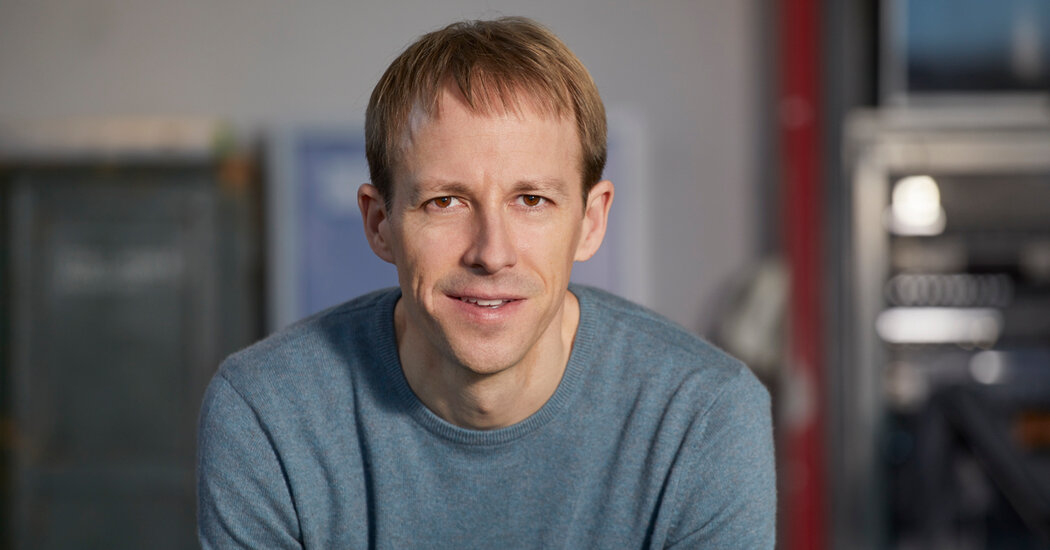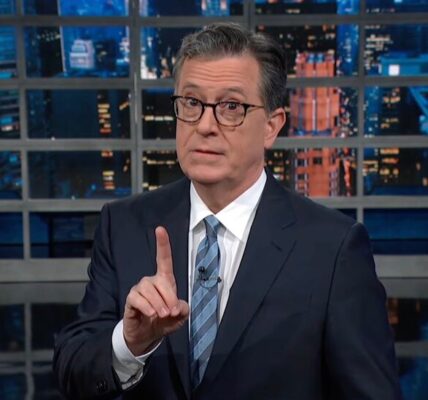The chorus master at the Metropolitan Opera has one of the company’s most demanding jobs. There are singers to corral, notes to correct and centuries-old scores to pore over.
Donald Palumbo, who brought the chorus to new heights during his 17-year tenure as chorus master, announced last fall that he would step down in June. And on Wednesday, the Met announced his successor: the German conductor Tilman Michael, who has served as chorus master of the Frankfurt Opera for the past decade.
Michael, 49, who will join the company at the start of the 2024-25 season, said in an interview that he was eager for a “new and exciting” challenge, describing the Met as “one of the most important opera houses in the world.”
“Choral singing and choral conducting is my life — it’s what I’ve done since I was a child,” he said. “I’ve loved this work from the very first day.”
Yannick Nézet-Séguin, the Met’s music director, who selected Michael, said in a statement that he was a “longtime collaborator and friend whose work I deeply respect.”
“I welcome him wholeheartedly to the Met family,” he said. “He has an innate understanding of the complexity of the voice and draws out the best in the choruses he works with.”
Under Palumbo, 75, the Met chorus, with 74 regular members and 85 extras, has become an equal partner with the company’s world-class orchestra.
Michael, who has also led the chorus at the National Theater in Mannheim, Germany, and served as an assistant chorus master at the Bayreuth Festival and the Hamburg State Opera, said he hoped to build on Palumbo’s legacy. He said he felt a special connection to the choristers when he traveled to New York in February to meet them and try out some repertoire. They worked together on Offenbach’s “Les Contes d’Hoffmann,” Puccini’s “La Rondine” and Kevin Puts and Greg Pierce’s “The Hours.”
“The Met Opera chorus is a fantastic chorus,” he said. “But I think we can of course every day improve and search for new colors and search for new abilities.”
Michael said he was looking forward to a production of Richard Strauss’s fairy-tale opera “Die Frau Ohne Schatten” next season, as well as to new operas by John Adams, Jeanine Tesori and other composers.
“When choral music is done well, it’s magic,” he said. “It is just about listening to each other and creating a unique sound together — to feel this energy from your body, from your ears, in your heart.”




